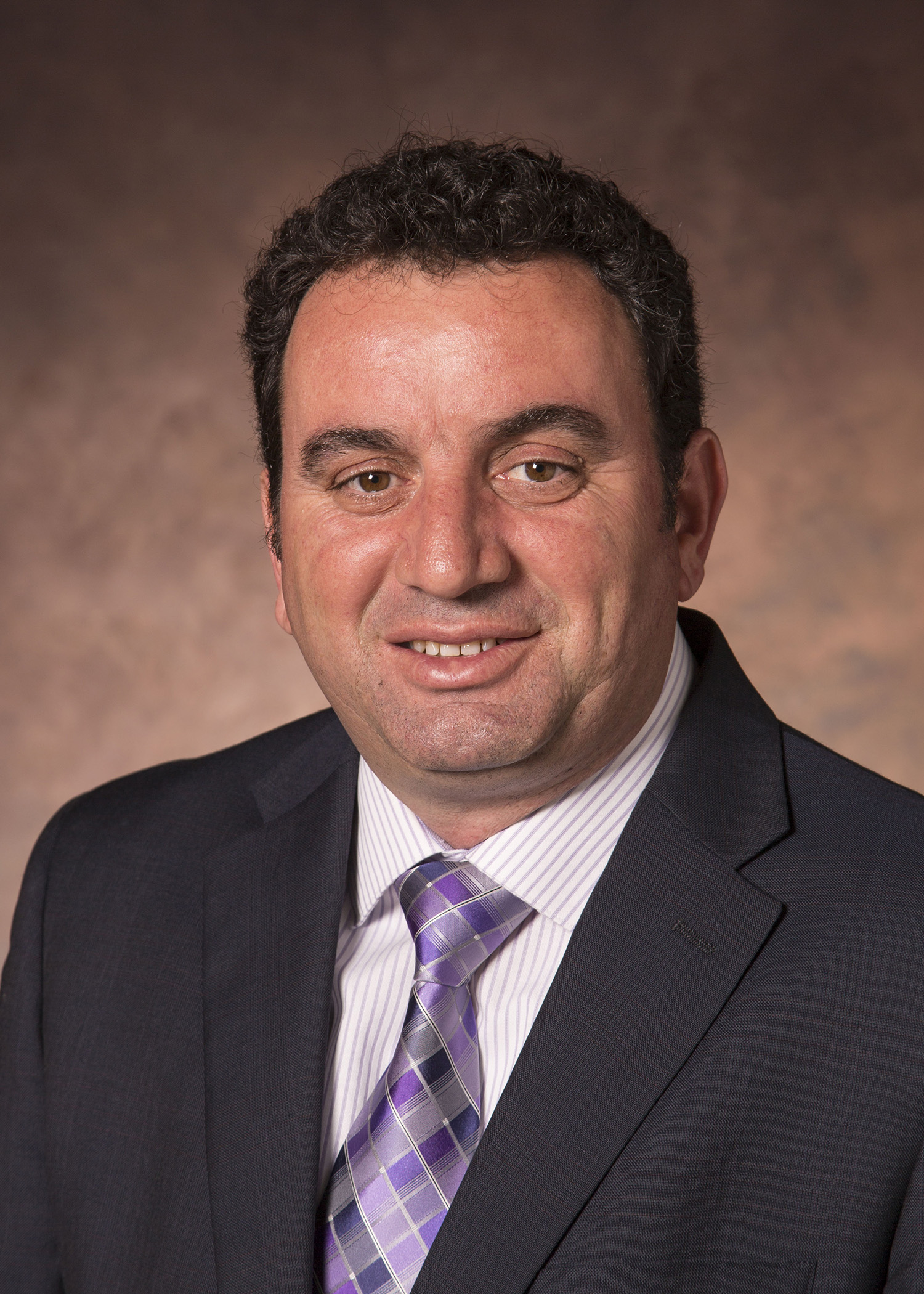The Role of Social Media in Suicide Risk Assessment
Speaker(s):
Presentation:
According to the World Health Organization, an estimated 800,000 people died in 2016 due to suicide. In this era of technological advances, social media’s role in suicide and suicide prevention has often been questioned. Highly publicized media reports of celebrity suicide and TV shows romanticizing the topic may also have effects on subsequent trends in suicide rates among the general population. Data suggests that social media may have a negative impact on mental health through cyber-bullying of vulnerable individuals and by promoting comparative feelings of inadequacy. However, harnessing the unique strengths of social media can contribute to the spread and reach of suicide prevention efforts among users.
Social media platforms can encourage suicide prevention by identifying individuals who are at acute risk of suicide, reaching them anonymously and providing them with resources. It can also spread mental health awareness of appropriate prevention efforts and treatment interventions.
In this presentation, the impact of social media on mental health and recent trends in suicide rates will be teased out. The assessment of suicidal risk by identifying specific tell signs of acute suicidal ideation as expressed through social media will be discussed. How to effectively use social media as a suicide intervention tool and promotion of mental health will also be discussed.
Objectives:
- Identify ways different social media platforms can be used to promote suicide prevention
- Discuss the link between media reports on suicide and subsequent trends in suicide rates
- Identify ways social media can identify, reach, or promote seeking treatment among individuals at risk of suicide
Slides and Handouts:






